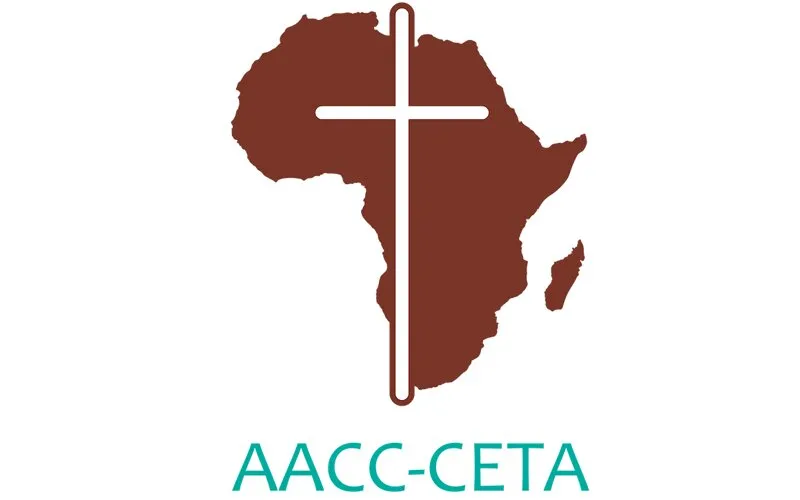Nairobi, 30 November, 2020 / 5:32 pm (ACI Africa).
The All African Council of Churches (AACC) and other faith-based actors have recommended the formulation of legislations that support safety of women and children as their way forward in reinforcing gender justice and child safeguarding.
The recommendation was among a set of six proposals, which the representatives of churches in Africa made on Friday, November 27 during the launch of their 16 days of activism to curb Sexual and Gender-based Violence (SGBV).
“The convening participants recommended that they would establish localized church/mosque legislations that support safety of women and children,” AACC leadership said in a statement that was shared with ACI Africa at the end of the launch.
The Faith Actors agreed that the legislation to be formed would include policies on gender and child protection.
Some of the faith-based organizations at the launch were the World Council of Churches Ecumenical HIV and AIDS Initiatives and Advocacy (WCC-EHAIA), the World Council of Churches Ecumenical Disability Advocates Network (WCC- EDAN), Christian Aid, Side by Side, the Fellowship of Christian Councils and Churches in the Great Lakes and Horn of Africa (FECCLAHA), World Vision, and Faith to Action Network.








